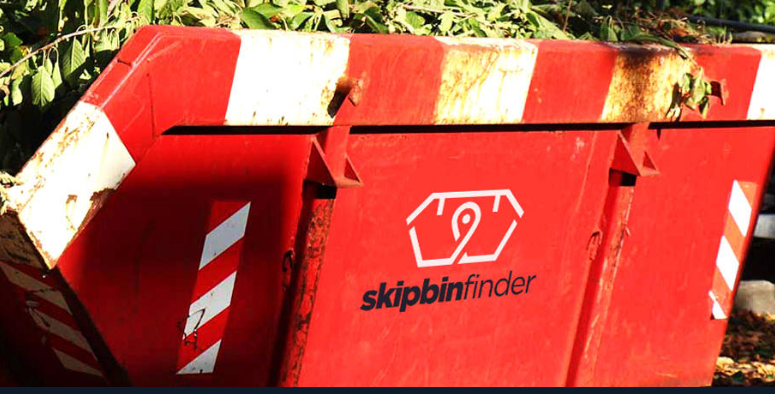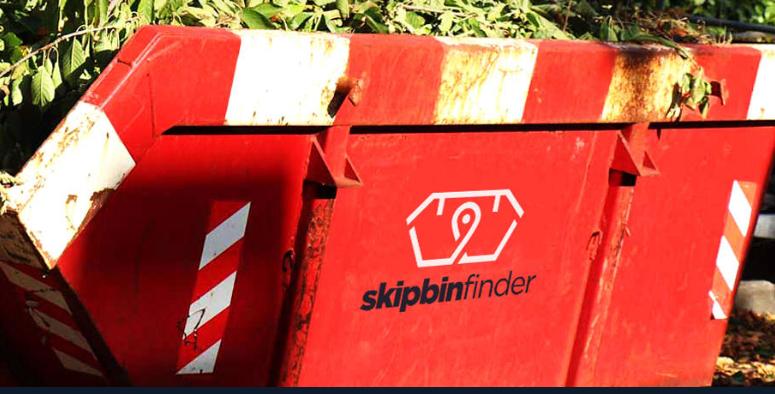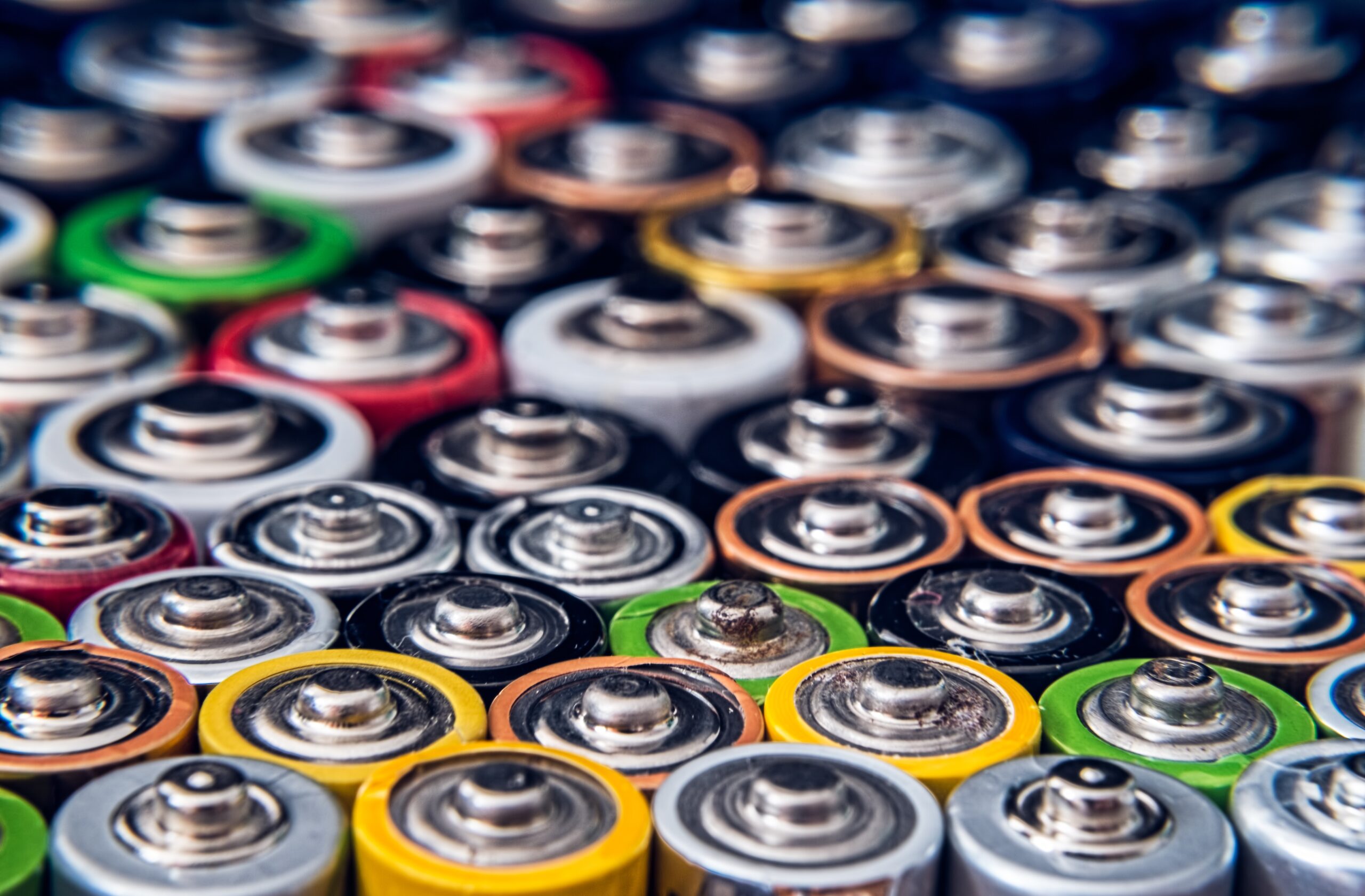Guaranteed Next Day Delivery!

What Cannot be Put in a Skip Bin?
Skip bins are a convenient solution for disposing of many waste types; they are particularly useful for building projects, home renovation and house clearances.
However, it should be remembered that some items must not be placed into skip bins due to fire hazards or toxicity.
If you plan on hiring a skip bin, learning more about what you can and can’t dispose of is a good idea.
Understanding the rules and regulations around skip bins and waste types could help you avoid additional charges and mitigate risks to the public.
What things cannot be put in a skip bin?
The items which must never be put in a skip bin include the following –
- Asbestos
- Oil
- Paint
- Thinners
- Gas cylinders
- Hazardous/chemical waste
- Tyres
- Batteries
- Electronic waste
These items all pose a danger to the general public, to you and those people handling the skip bin. Furthermore, some items such as batteries and electronic waste are a fire hazard – they have been known to combust, which causes fires within skip bins spontaneously.
Other things, such as asbestos, require specialist removal and disposal.
To be certain that you do not accidentally dispose of any of these items, be sure to take care when filling your skip bin.
House clearances are particularly tricky as it is easy to miss a battery or old mobile phone when emptying old drawers or cabinets.
Go through the rubbish carefully, and if you find any flammable or dangerous substances, set them aside to be disposed of separately.
Most councils in Australia have special facilities that deal with electronic waste, tyres and liquids like oils and paint.
Contact your local council to learn more about disposing of these things locally.
Asbestos removal needs to be organised with a professional expert in the field. Asbestos removal requires specialist training and equipment as it is highly unstable and dangerous.
For more information on asbestos, including identifying it, please visit The Asbestos Guide for Householders and the General Public – a guide brought to you by the Australian Government.
What can be put in a skip bin?
A huge list of items is fine to dispose of in skips. You can put these things in a skip bin without any fear of additional charges or the return of waste.
What’s more, skip bins come in various types – and, of course, sizes. This makes choosing the right kind of skip bin easier for your needs.
It also makes it easier for us to ensure as much waste as possible is recycled. By offering different skip bins for different waste types, we can recycle much more than we otherwise might.
For example, a green waste skip bin can be removed, turning the contents into useful mulch. This is a great example of a circular recycling system.
Waste is taken from gardens and turned into mulch – used in gardens once more.
Similarly, waste from a soil and dirt skip bin can be reused in a new building project.
Skip bins actively combat the issues that are caused by landfill sites. Landfill sites harm the environment, so the more waste materials we can recycle, the less waste going into landfills.
Our skip bins can be categorised as follows –
GENERAL WASTE SKIP BINS
This is a good “all-rounder” skip bin, and you can put the following into it.
- Household waste – Clothes, paper, cardboard, bedding, towels, kitchenware, bathroom accessories, duvets, cushions
- Light commercial waste – Office furniture such as desks, desk tidies, chairs, and stationery
- Furniture and Appliances – Cupboards, lounges, washing machines, cots, beds, fridges, chairs, sofas
- Light building construction waste – Wood, flooring, wallpaper
- Light green waste – Shrubs, grass, foliage, leaves, twigs
In addition, there are, however, some things that cannot be placed into a general waste skip bin. They are as follows –
What Cannot Go In A General Waste Bin?
- Hard heavy materials – Bricks, sand, concrete, tiles, clay, stones
- Soil or soil with turf attached – A soil dirt bin is required for this waste
- Palm tree trunks, tree trunks, roots or turf – a soil dirt bin is required for this waste
- Synthetic grass
- Carpet must not be disposed of in this bin in NSW
- Computers or TV screens must not be disposed of in this bin in SA
- Asbestos, insulation, food, wet paint, empty chemical containers, liquids or putrescible
GREEN WASTE SKIP BINS
Green waste skip bins speak for themselves –
What Can Go In A Green Waste Bin?
- Light green waste
- Shrubs, foliage, grass clippings, leaves, twigs
- Small branches, leaves and palm fronds
- Woodchip and bark – there must be no soil attached to either
- Tree trunks – The diameter must be smaller than 150mm and under 500mm long to meet the requirements
- Untreated timber – please get in touch with us to enquire how to dispose of treated timber
- Green waste skip bins are perfect for larger garden projects. Beware of putting any of the below items into a green waste skip bin, though.
What Cannot Go In A Green Waste Bin?
- Hard heavy materials
- Bricks, sand, concrete, tiles, clay, stones
- Large tree trunks
- Trunks that are larger than 150mm in diameter or over 300mm long are not permitted in this bin
- Palm tree trunks and/or large tree roots
Hazardous materials that must not be placed in this bin include:
Asbestos, insulation, food, wet paint, empty chemical containers, liquids, or putrescible
CONCRETE AND BRICK SKIP BINS
These skip bins are ideal for building and DIY projects, which create a lot of heavy waste.
What Can Go In A Concrete/Brick Waste Bin?
- Bricks and/or bricks and mortar
- Concrete – any concrete must be no bigger than 600×600
- Roof tiles
- Floor tiles
- Pebbles
- Rocks
- Stones
Be careful not to allow other waste types to end up in your concrete and brick skip accidentally – items that should not go in include the following –
What Cannot Go In A Concrete/Brick Waste Bin?
- General, green or excavation waste
- Soil or turf – all soil must go in a soil/dirt bin
- Palm trees and fronds
- Sand, soil and dirt are strictly prohibited and must be exposed in the soil/dirt bin
- Hazardous materials that must not be placed in this bin include:
- Asbestos, insulation, food, wet paint, empty chemical containers, liquids, or putrescible
SOIL AND DIRT SKIP BIN
You might wonder why a skip for soil and dirt would be necessary. The fact is that many building projects require a lot of digging, and the soil and dirt must go somewhere.
Once the soil has been displaced to make way for a building, pool or other construction, it cannot be allowed to sit in a heap but must be removed.
What Can Go In A Soil/Dirt Waste Bin?
Soil/dirt and clay that is naturally occurring.
What Cannot Go In A Soil/Dirt Waste Bin?
Vegetation that takes up more than 10% of the bin
Any general waste – please get a general waste bin for this
Contaminated soil
Manmade materials
Hazardous materials that must not be placed in this bin include:
Asbestos, insulation, food, wet paint, empty chemical containers, liquids or putrescible
This bin is strictly for soil or dirt, and no other waste can be disposed of via this medium
MIXED WASTE SKIP BIN
These skip bins are very useful in a variety of situations. Because they take a broad range of rubbish, people find them to be a convenient solution.
What Can Go In A Mixed Waste Bin?
Waste that comes from domestic, commercial demolition, construction or renovation:
- Hardfill waste – Bricks, concrete, tiles – all pieces must be no larger than 600×600
- Treated timber – Retaining walls, decking, floorboards, fences, sheds
- Household waste – Clothes, paper, cardboard, bedding, towels, kitchenware, bathroom accessories, duvets, cushions
- Furniture and Appliances – Cupboards, lounges, washing machines, cots, beds, fridges, chairs, sofas
- Green waste – Shrubs, foliage, grass clippings, leaves, twigs, bushes, palm trees
- Tree trunks – Trunks must be smaller than 300mm in diameter and under 300mm long
Find out here > The Benefits of Hiring a Mixed Heavy Waste Bin
What Can Not Go In A Mixed Waste Bin?
Asbestos, insulation, food, wet paint, empty chemical containers, liquids, or putrescible
As you can see, there are many options for your waste. Furthermore, not only do we offer all of the above options, but they all come in different sizes.
This makes skip bins an ideal waste removal solution for homeowners and business owners. Even smaller amounts of rubbish can be removed quickly, efficiently and affordably.
Remember, if you have any questions about skip bin hire, what cannot go into a skip or about specific waste types, contact us. We’re always happy to advise.


